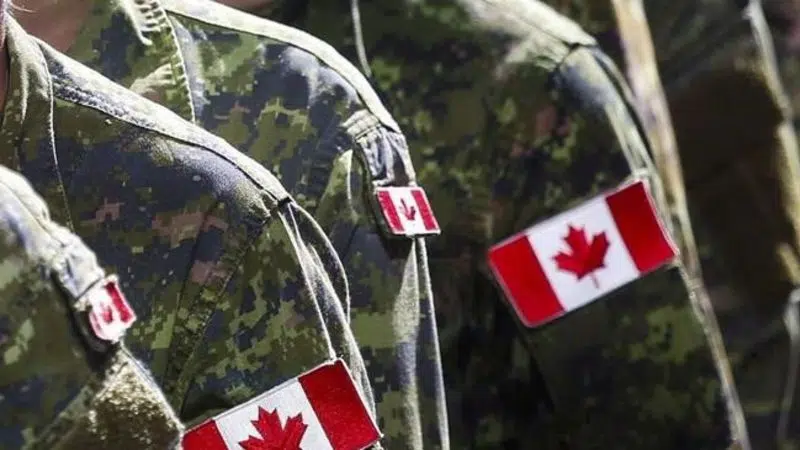
Military faces calls to train soldiers to identify neo-Nazis, hate-group members
OTTAWA — The Canadian Armed Forces is facing calls to drop what experts say is a reactive approach to racism and hate in the ranks, and instead launch a concentrated, proactive effort campaign to root out extremist beliefs and behaviours.
The demand, including more training to identify and weed out members of hate groups, follows an internal military report and several high-profile incidents linking some service personnel to right-wing extremists.
The most recent case includes separate RCMP and military investigations this week into a reservist in Manitoba on suspicions of being a recruiter for a militant neo-Nazi group. The military has said it is investigating Master Cpl. Patrik Mathews, who joined the reserves in 2010 and is a combat engineer with 38 Canadian Brigade Group in Winnipeg
No arrests have been made or charges laid. Police would only say that they raided a house in Beausejour, Man., on Monday and seized a number of weapons.


